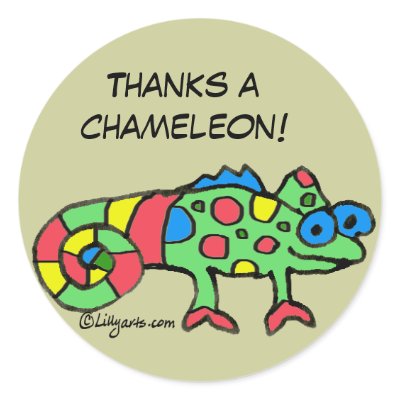Oh, and this.
 I didn't ask for a Nook, let alone a Nook Color. But I've been talking my husband's ear off about e-readers for the last six months, and I guess he figured I'd like it. And boy, do I.
I didn't ask for a Nook, let alone a Nook Color. But I've been talking my husband's ear off about e-readers for the last six months, and I guess he figured I'd like it. And boy, do I.Here's what I love about it:
1. Not only have I narrowed down my TBR list without even leaving my house, but I have loads of free classics on it too from Project Gutenberg.
2. I have a bunch of free children's books on it, too, for my son. I love that the Nook color shows all the pictures.
3. I can upload my own pictures, songs, and videos. Not that I plan on using it for that much, but it'll be nice to keep my son entertained.
4. I can upload my own Word documents and PDF files, so I can read my crit group submissions-- and my own writing-- on it when I'm on the go.
5. I can go anywhere on the internet as long as I'm connected to the WiFi.
6. I can highlight and make notes on any book I read.
7. The touch screen is awesome-- it's so easy to navigate.
8. I love that I can download samples from Barnes and Noble to decide if I want to buy the book-- just how I read the first few pages of a paper book in the store before I buy it.
Here's what I don't like as much:
1. I can't highlight or make notes on Word and PDF files, only on the ePub files.
2. I really like the e-ink format, and the Nook Color screen is LCD (although, this hasn't actually bothered me, and doesn't make it hard to read).
3. The battery life is only about 8 hours (not connected to WiFi), as opposed to an e-ink reader's several days.
4. Um...I can't think of anything else.
I was hesitant to get an e-reader because I love paper books so much. But so far, I'm loving it. Besides, paper books and e-books aren't mutually exclusive. In fact, I'm reading Jennifer Connelly's Revolution and loving it so much, I'm considering buying the paper version too.
So, my friends, how was your Christmas? Filled with books? Filled with fun? Filled with family? I hope it was lovely!





























